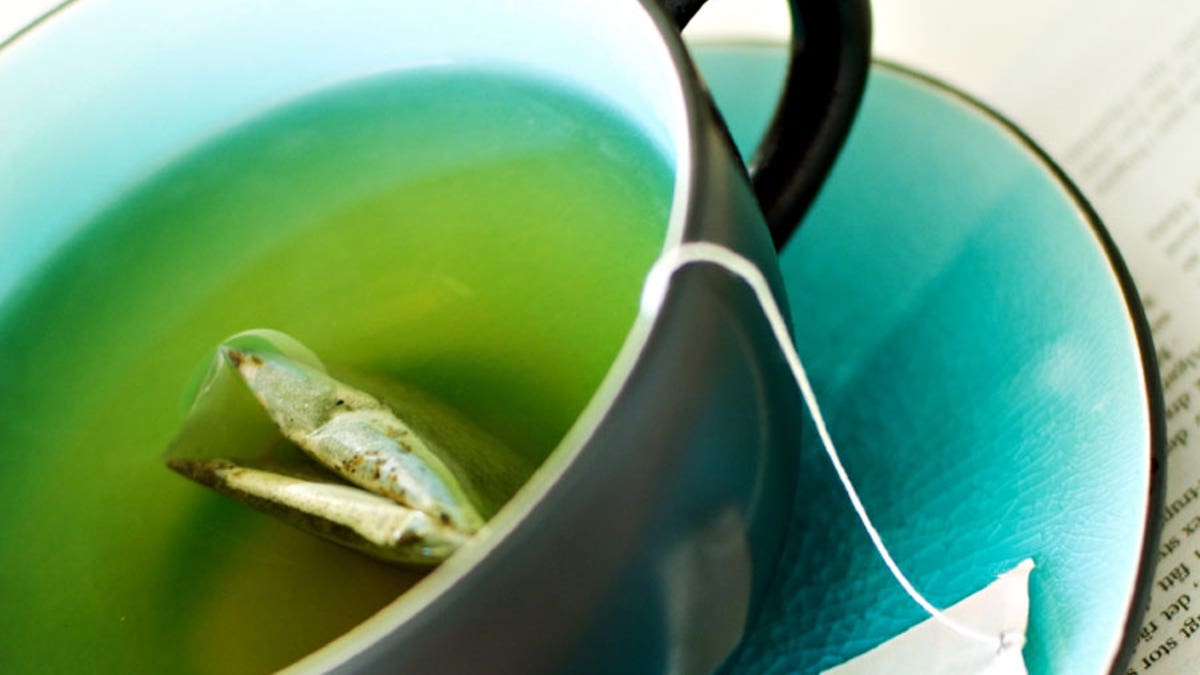
(iStock)
Tea consumption has long been regarded as a healthy dietary habit. This idea has been widely accepted without much scientific evidence, until recently, when scientists began to investigate the chemical components of tea and how they affect our health.
Tea comes in four main varieties: green, black, white and oolong, and is made from the Camellia sinensis plant. Often medleys like herbal tea are infusions of other plants. Green tea, in particular, is rich with antioxidants called catechins, which scavenge for free radicals that can damage DNA and contribute to cancer and atherosclerosis, among other things.
One specific catechin, epigallocatechin-3-gallate (EGCG), is unique to green tea and is abundant as a result of the minimal processing through which green tea goes. Lab studies have shown that EGCG and a few other catechins can be more powerful than vitamins C and E in stopping oxidative damage to cells in addition to potentially having the ability to fight other diseases. Furthermore, it is thought that EGCG plays an important role in inhibiting DNA synthesis and cell replication, both imperative for the survival of cancer cells.
For these reasons, studies have shown associations between green tea consumption and a reduced risk for hyperlipidemia, hypertension, atherosclerosis, Parkinson's and several cancers including skin, breast, lung, colorectal, esophageal, stomach and prostate.
A majority of these studies have been conducted in rats or mice, so it is difficult to apply these conclusions to humans. Only a few observational studies have been conducted in humans, which often find conflicting evidence.
Most of these inconsistencies are likely due to variations in tea preparation, consumption, other lifestyle factors and genetics. Furthermore, most of these studies have been conducted in Asian populations where green tea is a dietary staple. Confounding this relationship further are other dietary habits such as high lean protein consumption, thus making it difficult to elucidate the direct benefits of green tea consumption.
Please remember that green tea is not a panacea; there is no substitute for a healthy diet, physical activity and adequate monitoring of health conditions. In order to reap the most benefits of green tea (as measured by maximum catechin levels), be sure to let it steep for three to five minutes. Aim to drink about three cups of tea a day.
Also, keep in mind that freshly brewed tea confers the most benefits; bottled, instant or decaffeinated tea does not contain near the amount of catechins as fresh brewed tea. Green tea has been shown to impair iron absorption, especially from fruit and vegetable sources; however, adding lemon or milk to tea or drinking tea between, rather than with, meals will help counteract this problem.
As always, check with your physician before making any changes to your diet.






































